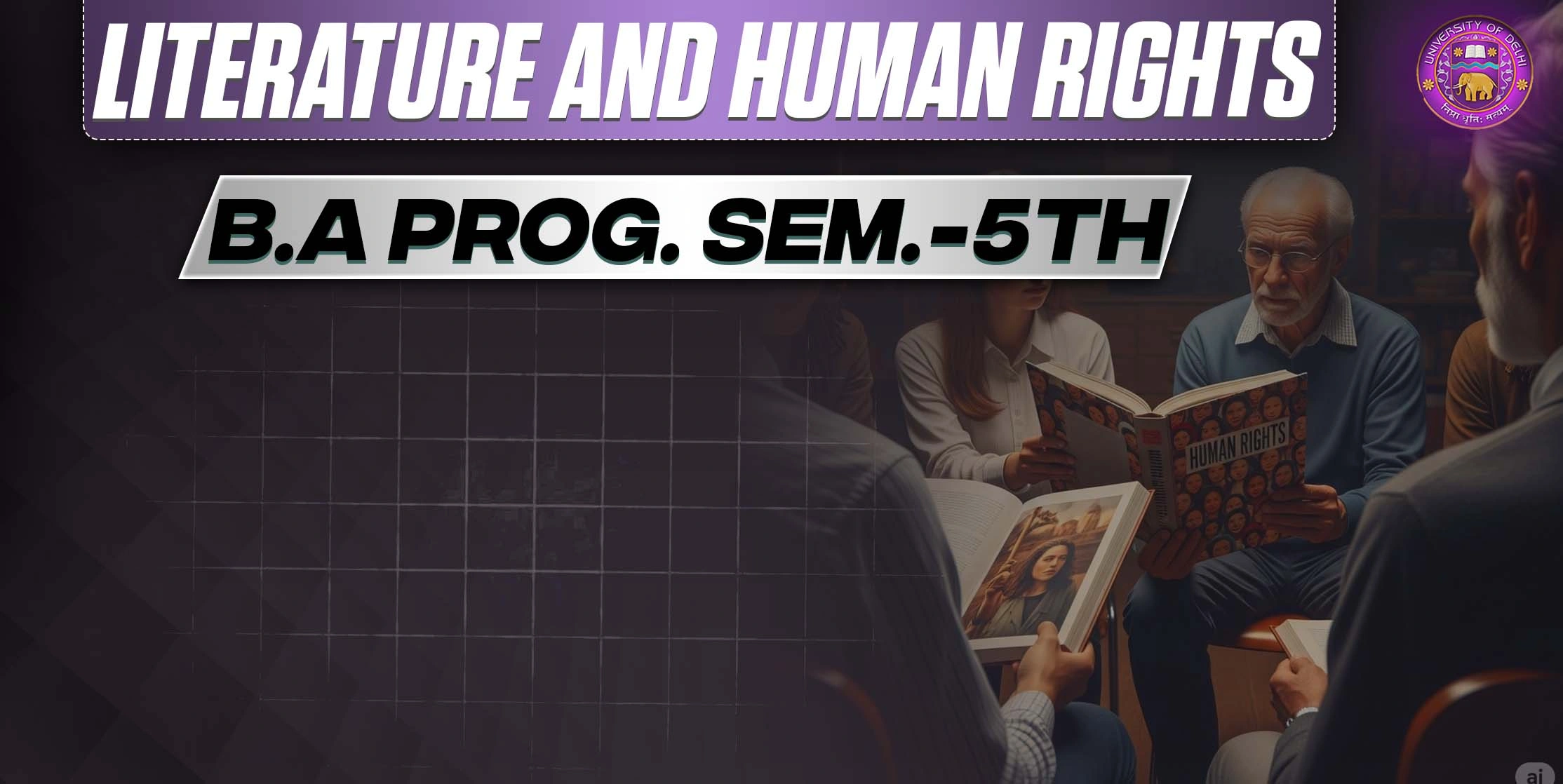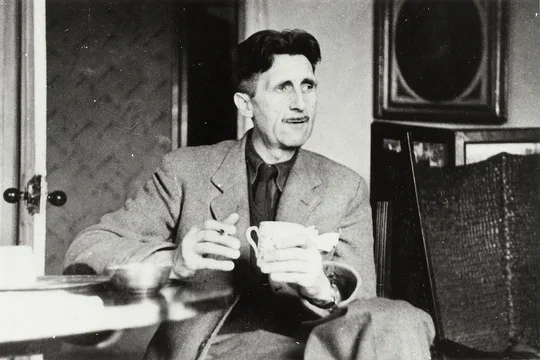
Get in Touch
We will get back to you within 24 hours.
Welcome to MVS Blog

Answer - Introduction
1984 is a dystopian novel by George Orwell, published in 1949. It is set in a society controlled by a totalitarian government, led by the Party and its leader, Big Brother. The story follows Winston Smith, a low-ranking Party member who rewrites historical records. Winston begins to question the Party’s rule and starts a secret love affair with Julia, a fellow rebel. The novel explores themes of government control, surveillance, freedom, and the power of language. 1984 remains relevant today in discussions about individual rights and state authority.
About the author

George Orwell, born Eric Arthur Blair on June 25, 1903, in Motihari, India, was a famous English writer known for his novels Animal Farm and 1984. Initially serving in the Indian Imperial Police, Orwell later became a writer, focusing on political themes. His experiences in Burma, poverty in Europe, and participation in the Spanish Civil War shaped his views on imperialism and socialism. Orwell’s works criticize totalitarian regimes and social injustice. He died in 1950, shortly after publishing 1984, leaving
behind a legacy of powerful, thought-provoking literature.
In George Orwell's 1984, the Party uses paradoxical (incongruous) slogans such as "War is Peace. Freedom is Slavery. Ignorance is Strength" to control and manipulate the minds of the citizens of Oceania. These contradictory statements are central to the Party's philosophy, which aims to erase logical thinking and shape reality in a way that suits its authoritarian rule. Through these slogans, Orwell explores the concept of doublethink the ability to hold two contradictory beliefs simultaneously which is necessary for maintaining the totalitarian government.
1. Explanation of the Phrase “War is Peace” :
2. Explanation of the Phrase “Freedom is Slavery” :
3. Explanation of the Phrase “Ignorance is Strength” :
The last slogan, "Ignorance is Strength," underscores the Party's desire to keep its citizens uninformed and unquestioning. By controlling information and suppressing knowledge, the Party ensures that the population remains weak and dependent on the state. In Winston’s world, facts are continually manipulated, and historical records are rewritten to align with the Party's ever-changing narrative. This constant revision of history is a means of erasing any form of objective truth, leaving only the Party’s version of events.
Winston’s job at the Ministry of Truth is to alter historical documents, ensuring that the
Party’s records are always consistent with the current political climate. As he works, he reflects on how the Party erases people like Comrade Withers, turning them into“unpersons,” removed entirely from existence. This manipulation of history illustrates the Party’s control over reality, as Winston sees firsthand how the truth is systematically erased. By fostering ignorance, the Party ensures that its citizens are unable to question their reality. Those who are unaware of the past or the present discrepancies between the Party’s narrative and actual events are unlikely to resist the regime. Thus, ignorance becomes a tool of control, as the Party ensures its power by keeping the population weak and uninformed.
Conclusion
George Orwell's 1984 highlights the dangers of totalitarian rule, where the Party uses paradoxical slogans like "War is Peace," "Freedom is Slavery," and "Ignorance isStrength" to manipulate and control the citizens. Through constant war, suppression of freedom, and manipulation of knowledge, the Party maintains its power by erasing objective truth and creating a reality that serves its interests. Orwell’s novel serves as a warning about the dangers of unchecked government control and the loss of individual rights in a society where truth is manipulated.
0 Response